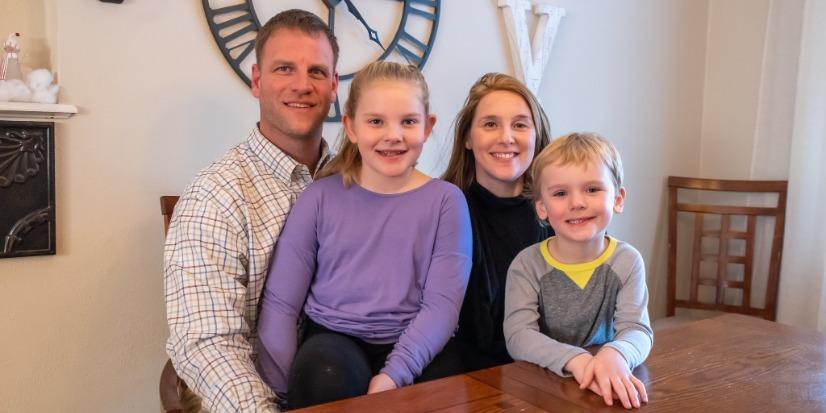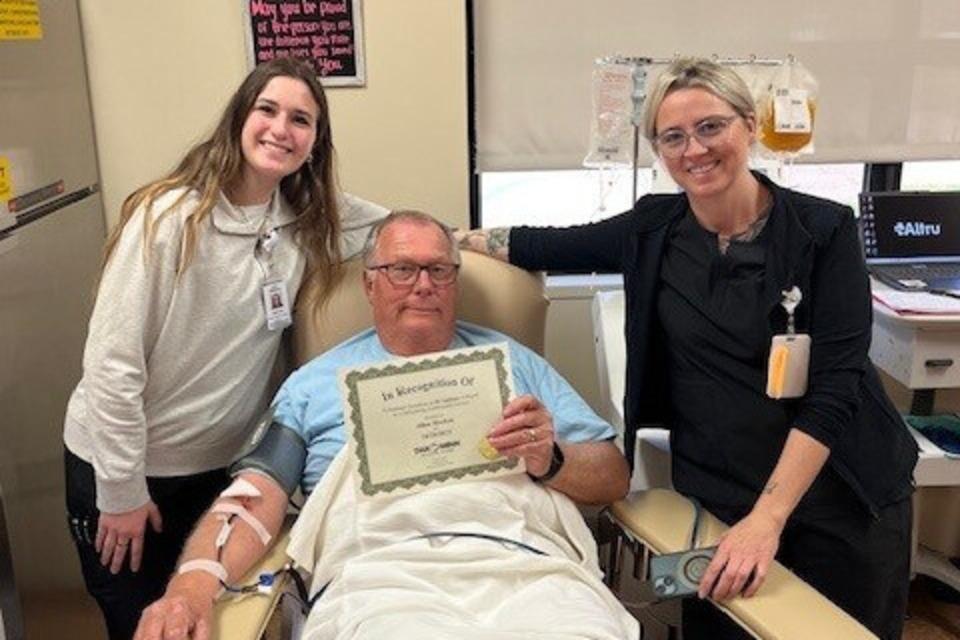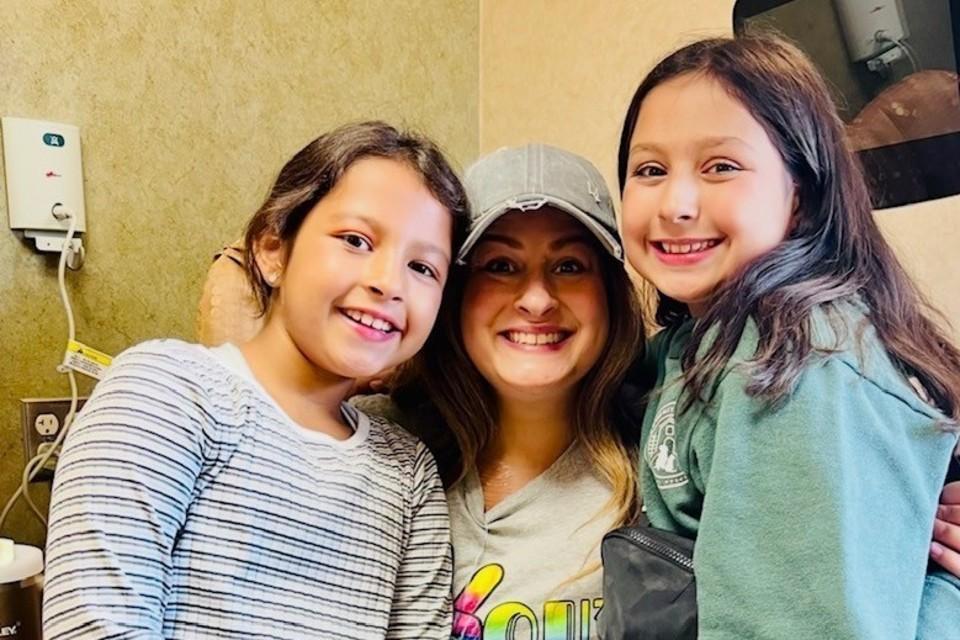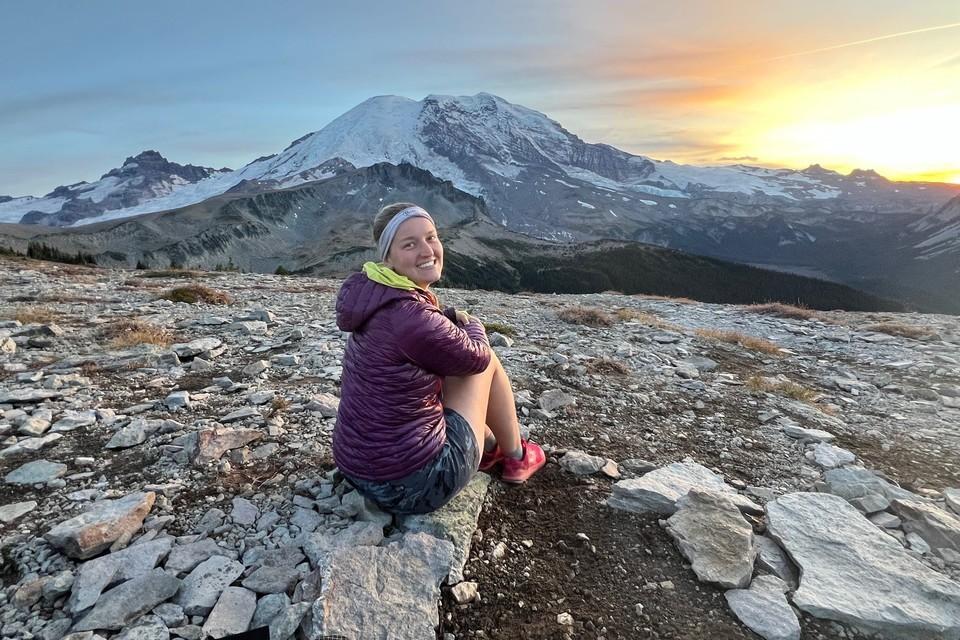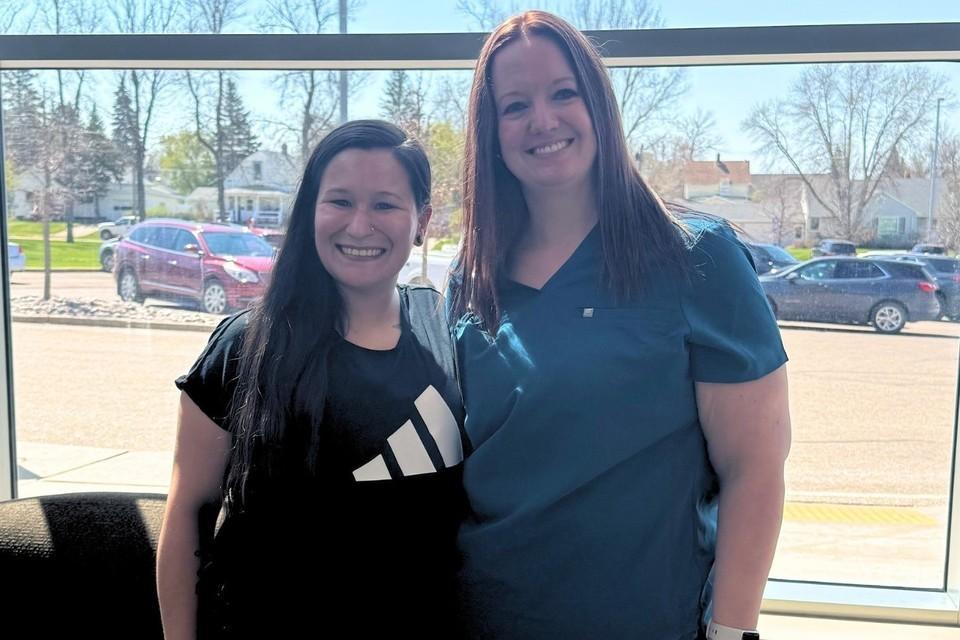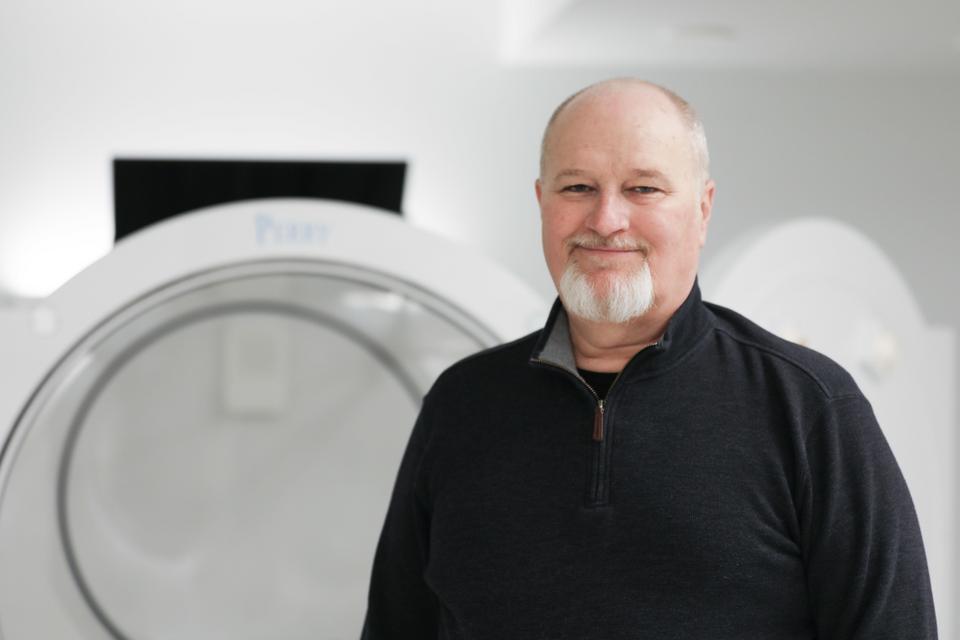The morning of June 4, 2018, began as a normal Monday in the Vanderpan household. After taking his son, Craig, to daycare, Matt Vanderpan went for a drive with the family dog to his parents’ house in East Grand Forks. He was in line at a gas station for breakfast on the way home when he noticed something was off.
“I felt different, but I didn’t feel like anything was really wrong,” Matt says. “I had driven about halfway home when it happened.”
While crossing the Murray Bridge in East Grand Forks, Matt’s vision became blurry, and he lost all coordination in his limbs.
“I felt like I was on a merry-go-round going 100 miles an hour,” Matt says. “My hands and legs weren’t working correctly. Everything was a blur.”
He was unaware of it then, but Matt, who was 38 years old at the time, was experiencing a stroke. While he wasn’t sure what was happening, Matt knew he had to do something—and driving home was out of the question. He pulled over and called his wife, McKynsay, to alert her.
Helping Hands
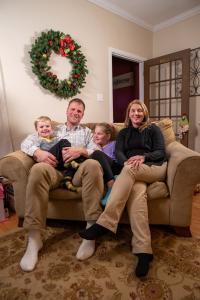
“I don’t usually ask for help,” Matt says. “McKynsay told me that’s how she knew it was serious.”
McKynsay had dropped their daughter, Clara, off for tennis and was on her way to work when she got the call.
“He didn’t even want to go to the emergency room,” McKynsay says. “We drove back home, but when we got in the garage, I couldn’t get him out of the car.”
They went to Altru’s emergency room, where they learned Matt had suffered a stroke. Matt, a commercial property inspector with an active lifestyle, was shocked.
“I was no Olympic athlete or anything,” he says. “But I was healthy at the time.”
He spent a total of five days in intensive care, followed by 10 days at the Altru Specialty Center doing in-patient occupational therapy physical therapy rehab. After returning home Matt spent several months of physical and occupational therapy. Matt was encouraged by the compassionate staff and providers he encountered during his stay.
“I didn’t realize how many people at Altru would become important to my story,” Matt says. “I have a huge appreciation for everyone—doctors, nurses, physical and occupational therapists, as well as custodians and food servers. I was impressed with how much they impacted my journey.”
Better Every Day

During the summer following his stroke, Matt had to relearn how to stand, walk and use his hands. Teaching himself how to do simple tasks reminded him of parenting his two sons and daughter.
“When we first learn to walk or feed ourselves, we’re messy and clumsy, but the more we do it, the better we get,” he says. “I had 38 years of doing things a certain way. Now, two years later, there are some things I’ve had to learn to do differently, and that’s OK.”
Matt says that his health is still improving, and while he’s recognized his life will be different after the stroke, he is determined to make the most of it.
“There are good days and bad days, and sometimes it’s hard to realize I’ll never be where I was before,” he admits. “However, I have the opportunity to be the best version of myself post-stroke. I try to look at the challenges I face as chances to improve myself a little more every day.”
Unusual Stroke Symptoms: What You Need to Know
The American Stroke Association recommends using the acronym FAST. When assessing stroke symptoms: Face drooping, Arm weakness, and Speech difficulty mean it’s Time to call 911. However, some patients, such as Matt Vanderpan, exhibit different stroke symptoms. In Matt’s case, it was trouble seeing and a loss of balance and coordination.
“At first, I thought it was my inner ear or something about my balance or equilibrium,” Matt says. “I was very surprised to learn it was a stroke.”
Being aware of unusual stroke symptoms could save the life of someone you love. Some uncommon stroke symptoms include:
- Confusion or difficulty understanding speech
- Difficulty seeing in one or both eyes
- Dizziness or trouble walking
- Loss of balance or coordination
- Numbness or weakness in the face, arm or leg, especially on one side of the body
- Severe headaches with no detectable cause
These symptoms, when they occur suddenly, could be a sign of stroke. Call 911 immediately if you suspect something is wrong.


